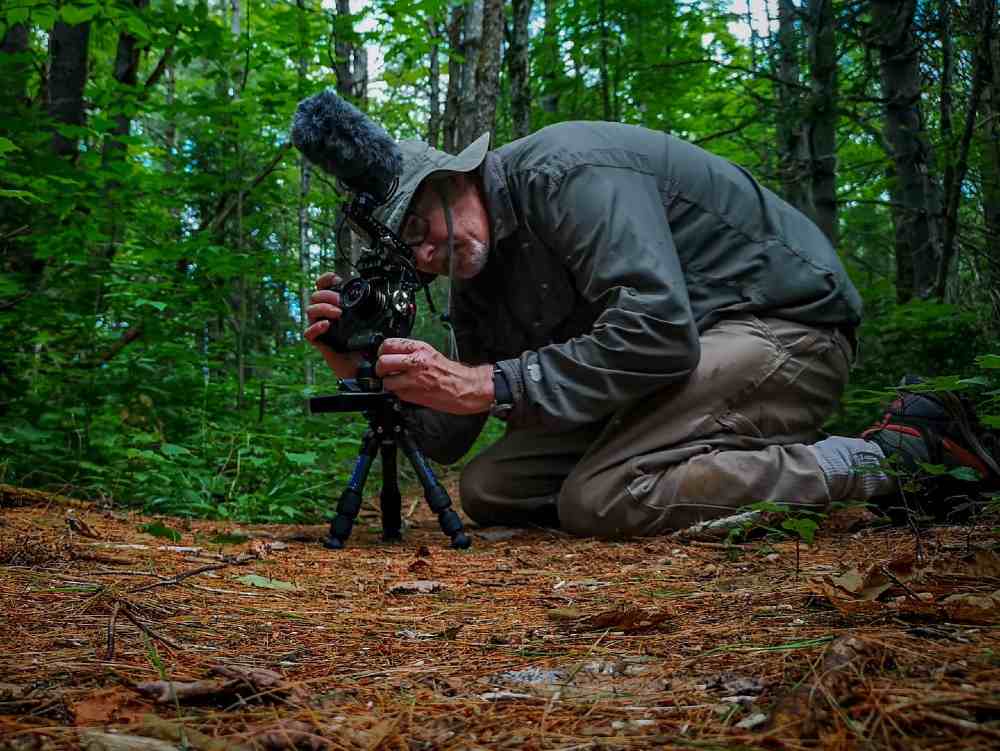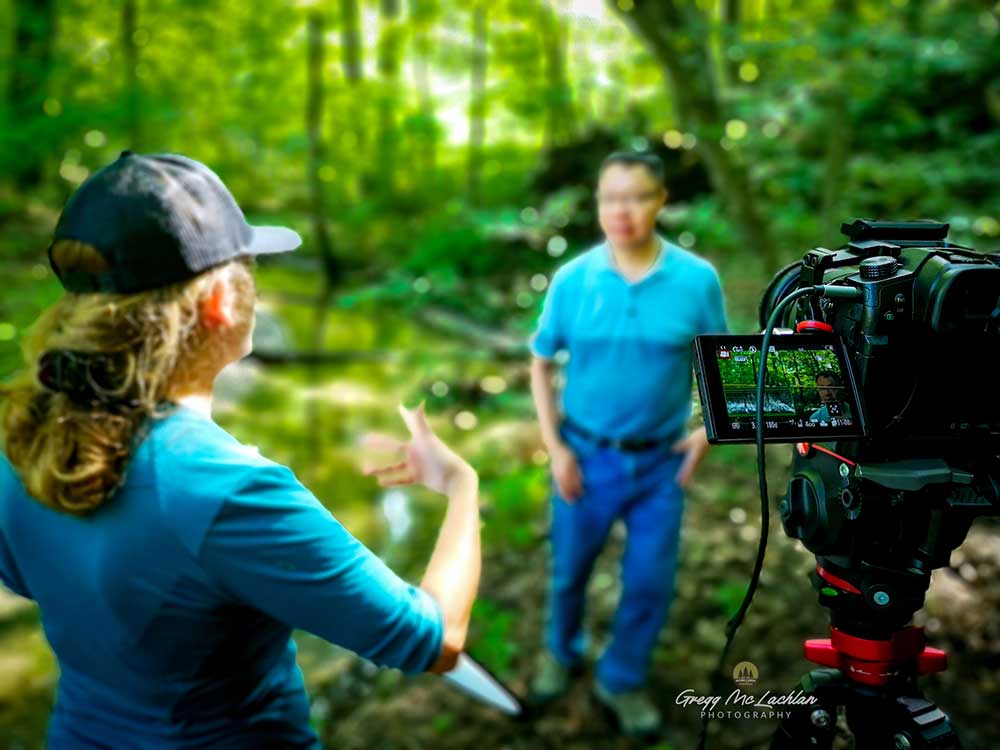

The power of ‘why’ in storytelling
Whether it’s an environmental film production, job interview, media interview, or organizational strategy session, remember to prepare for, and use, one of the most effective words in the history of conversation. Why? (read on)
Kids are great at asking open-ended questions. They’re great at forcing adults to say something more. And all it usually takes is one word: Why.
“Daddy, I want some ice cream!”
“Sorry son, you can’t have any!”
“Why?”
“Because I said so!”
“Why?”
“Because you have to eat your vegetables first!”
“Why?”
Because they’re good for you!”
“Why?”
“If you don’t eat your vegetables you won’t be getting all those good vitamins that will make you grow up big and strong like your Dad.”
It’s strange to admit it, but a five-year-old has taken command of the above conversation in pursuit of a more thorough answers. And it has been done with one word in a followup question: Why.
OK, the process between the parent and child can be a bit painful, but eventually, little Johnny gets an answer with some substance.
In media interviews, for example, reporters certainly won’t use ‘why’ so often that it annoys someone. Media will pick the right moments and places. One of the strategies of using ‘why’ is to force you outside your standard responses. This is a great when people rely too much on reciting scripted answers. When I’m doing video work, I’m always listening for responses that sound too robotic and corporate.
As a filmmaker, I’ll often throw a few ‘Whys’ out there in an attempt to get people to offer additional unrehearsed answers that have a little more substance or emotion.
If you are an organization spokesperson, put yourself in the shoes of an interviewer and try to anticipate when they might throw a ‘why’ your way. By doing so, you’ll see the value in ‘why’ and have a key message ready to bridge this potentially difficult question.
‘Why’ is not a stupid question. It’s a brilliant word for getting more from interviews. It’s a brilliant word for followup questions and/or starting questions: Why would you say such a thing? Why should the public care? Why should the public be interested in this idea? Why is this happening? Why are we doing this? Etc.
Why is ‘why’ so important in your toolbox of interview and communications skills?
Because it works. That’s why.
- What’s It Really Like Being a Conservation Filmmaker? - April 15, 2024
- Filmmaking Explainer: What Is Post-Production? - April 6, 2024
- New Videos for The Nature Conservancy of Canada - April 2, 2024




